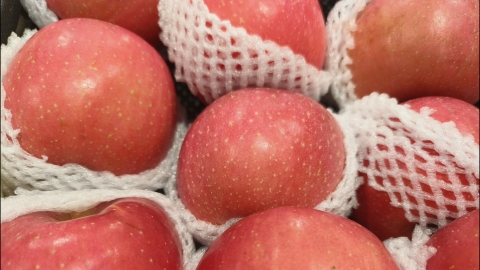Can apple juice help alleviate a hangover?
Generally, apple juice can play a certain auxiliary role in alleviating the effects of alcohol consumption, but it cannot completely eliminate the impact of alcohol on the body. It should be consumed in moderation. Detailed analysis is as follows:

Apple juice is made from fresh apples and contains abundant carbohydrates, vitamin C, and various minerals. The carbohydrates can supply energy to the body, helping to relieve possible energy deficiency during alcohol metabolism; vitamin C has antioxidant properties and can help reduce oxidative liver damage caused by alcohol. Meanwhile, the water content in apple juice can promote urination, accelerating the elimination of alcohol metabolites, thus providing some relief from post-drinking discomforts such as dry mouth and fatigue. However, alcohol metabolism primarily relies on the liver, and apple juice cannot replace the liver's metabolic function or significantly help in cases of severe intoxication.
Excessive consumption of apple juice may lead to gastrointestinal discomfort, such as bloating and diarrhea, due to excessive sugar intake. Moreover, its diuretic effect may cause rapid loss of body fluids. Additionally, excessive apple juice consumption may affect appetite, which is unfavorable for subsequent nutrient intake.
In daily life, it is important to control the amount of apple juice consumed. After drinking alcohol, one can also consume staple foods such as steamed buns or noodles to protect the gastric mucosa. Drinking on an empty stomach should be avoided, and healthy drinking habits should be developed to minimize alcohol's harmful effects on the body.









